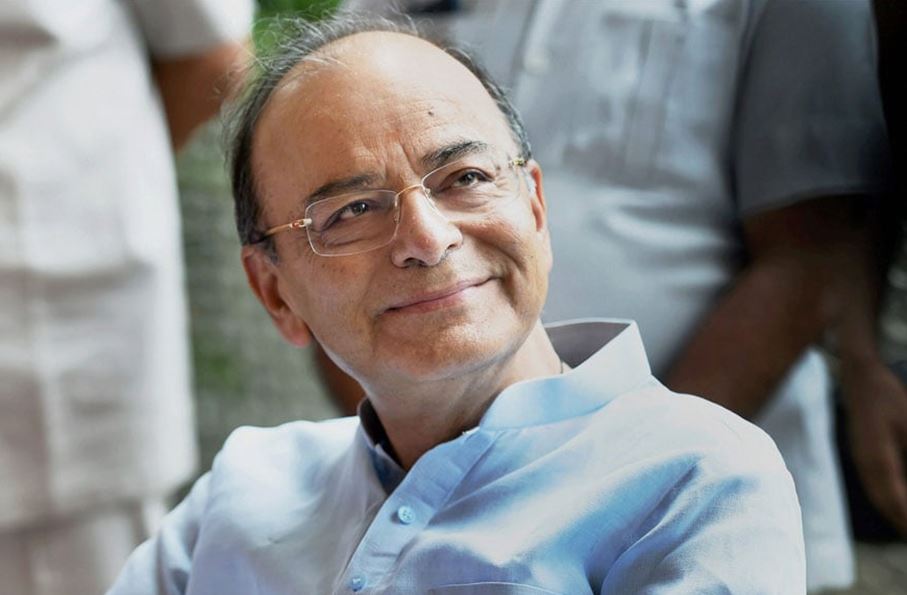Presenting the budget for FY 18, the then finance minister, Arun Jaitley, announced that the government would build new strategic petroleum reserve (SPR) facilities in Chandikhol in Odisha and Bikaner in Rajasthan. The visionary leader also exempted the incomes of foreign companies that booked a capacity in the strategic storages.
The country has already built three storage facilities- Visakhapatnam (1.33 million tonnes), Mangalore (1.5 MT) and Padur (2.5 MT) – at that time. “For strengthening our energy sector, the Government has decided to set up Strategic Crude Oil Reserves. In the first phase, three such Reserves facilities have been set up. Now in the second phase, it is proposed to set up caverns at two more locations, namely, Chandikhole in Odisha and Bikaner in Rajasthan. This will take our strategic reserve capacity to 15.33 million tons,” said Arun Jaitley during his budget speech on February 1, 2017.
As of now, the petroleum prices have fell to historic low. The WTI crude oil price was trading in negative yesterday, which means producers were paying up to the marketing companies to purchase oil. However, Brent Crude, which India purchases, is still trading 18 dollars per barrel as of today morning. This is not as low as WTI crude but it is not even one third of its average price in the last calendar year.
Therefore, thanks to Arun Jaitley, the Indian government is trying to fill up the strategic petroleum reserves (SPRs), which is maintained for any unforeseen emergency. Whenever the supply chain is disrupted or oil prices reach very high, the SPR is used to manage the situation. In a crisis situation like war or some short time escalation too, the SPR can be used.
Given the fact prices are historic low; the government can fill up SPRs by spending very little, thanks to the vision and decision of the former finance minister, late Arun Jaitley.
The countries which are members of the International Energy Agency- an autonomous inter-governmental organization with the majority of western countries as members- has recommended that all countries must have SPR equivalent to 90 days net import. United States has the world’s largest SPR with a total capacity of 727 million barrels. China too has a huge SPR and plans to increase the capacity in the future.
India started building SPRs in mid-2000s and today the country has an existing SPR of 5.3 million tonnes (1tonne =7.33 barrels) at Visakhapatnam (1.33mt), Mangaluru (1.5 mt) and Padur (2.5mt). As the country has the consumption of around 5 million barrels per day-third largest after US at 20 million barrels per day and China at 13.5 million barrels per day, this could support net imports of 10 days.
In the second phase, for which visionary leader Arun Jaitley allotted 1.6 billion dollars in 2017, the country can have additional capacity of 12 days.
With the additional 12 days capacity, the SPR could supply for net imports of 22 days and given the fact the Oil companies keep storage for 65 days, the total net capacity will reach to net import of 87 days.
With the crude oil prices at a historic low, the government can fill these strategic reserves at very low investment. And the money to buy the SPR will come from the increased excise on petroleum. The low prices are going to help the government in keeping Current Account Deficit (CAD) and inflation low.
Had Arun Jaitley not allotted money for SPRs in 2017 despite, the country would not have been capitalize on historic low oil prices. The ideas of consensus-building abilities of a visionary leader, which resulted in important policy decisions like MPC, IBC, and GST, are helping the country till date and will continue to contribute in India’s rise in near future.
